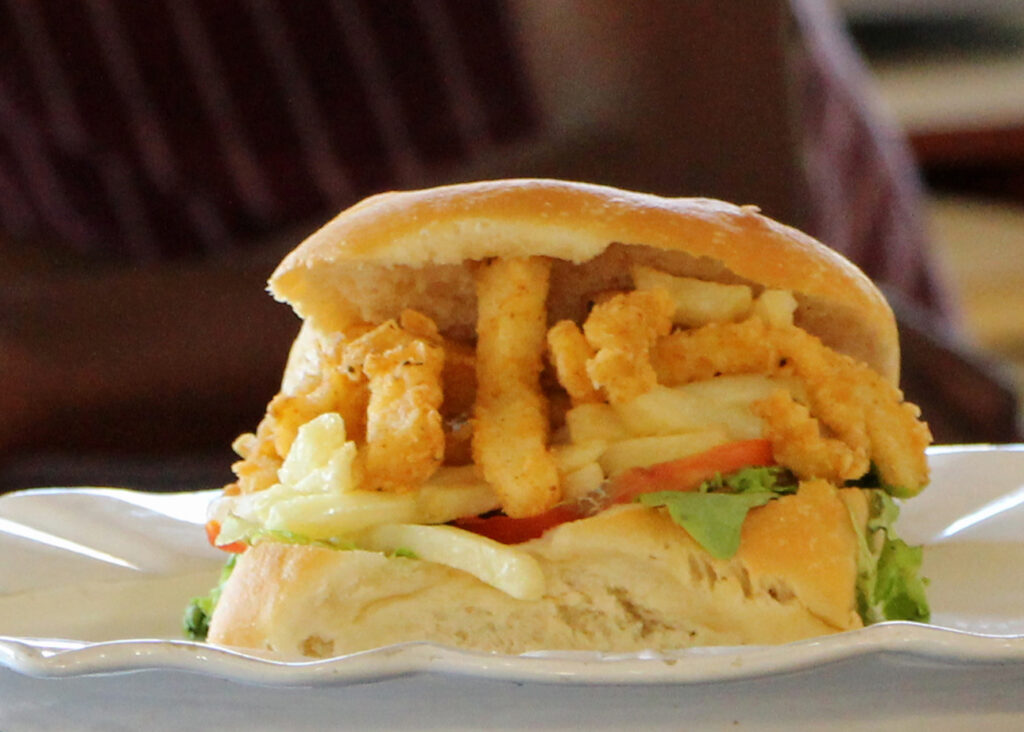Editor’s Note: Our friend, Adam Piggott, posted this review on his site. Since it is a review of our buddy’s book, we decided to cross post it here.
This article in the Catholic World Report that attempts to dispute Archbishop Viganò’s Letter about Vatican II is bloated with falsity, misdirection and outright lies. And yet, before I had read Giuseppe Filotto’s brief but powerful book Believe!, I would not have been able to understand the arguments at hand, much less refute them.
In preparation for my speech at the XYZ online convention a few months’ ago I both spoke to Filotto and used this book as a research tool. The speech was a success in that it busted a few sacred cows in Australia while putting me in touch with other like minded thinkers . Perhaps it also inspired a few viewers as well. I assume no success in that regard, I only express heartfelt hope.
But it has taken me several subsequent readings of this book to really understand the concepts at hand.
The problem with laymen of the Church, of any religion really, is how best to approach the complicated arguments that abound when dealing with theology. Even though I was brought up a Catholic and attended Sunday School and Mass from an early age, it was still unsettling to be confronted with armchair bibliophiles throwing around quotes from the Holy Bible to which I was ill prepared to dispute in the context laid out on a ground of their own choosing.
But at the back of mind lay a thought which nagged upon me. Nicholas Taleb has repeatedly stated in his many writings that an over-complication of argument is merely a thickly disguised manner of coating bullshit in a veneer of silk. The more confusing the words, the less is actually being said and the more dishonest the interlocutor.
I could not have successfully made that hour long speech without the help of Filotto and this book. He uncomplicates the miasma which abounds when theological arguments are in play. This simplification is a great gift to those of us who are lazy in our faith. Filotto has done the hard work for us. He has delved deep into the Christian mysteries and pared away the bullshit, so to speak. The arguments are laid bare, as are the sides of the respective adversaries at battle in a 500 year long war.
After reading Believe! I understood the historical implications of the Eighty Years War, among other events but tended as a mere example. It turns out that the Spanish weren’t the bad guys after all and perhaps the sinking of their great Armada wasn’t a long term benefit for England.
But those are other discussions and merely secondary to the argument at hand. Filotto examines our modern array of mistaken religious identities. Atheists, agnostics, Protestants, Orthodox Christians, Coptic Christians, Catholics and above all Churchians are pried apart with little regard for feelings or sentiment. Filotto adroitly places the facts before the reader and only the most obtuse or dishonest could possibly get the message incorrect after reading this book.
Consider this statement from a dishonest theologian regarding Archbishop Vigano’s letter:
With all of this in mind, we perceive a situation, ever-growing in intensity, in which on the one hand, a majority of the world’s faithful – clergy and laity alike – are loyal and faithful to the pope, for he is their pontiff, while critical of his pontificate, and, on the other hand, a large contingent of the world’s faithful – clergy and laity alike – enthusiastically support Francis precisely because he allows and fosters their ambiguous teaching and ecclesial practice.
Offering only two possibilities when at least a glorious third option exists is what is known as telling a big fat lie coated in deceit and subterfuge. The third option, the glorious and stupendous third option, is that the pope and his legions of henchmen are all imposters. They are simply not Catholic at all. When this simplicity is understood and deeply inhaled, then the convoluted theological arguments fall away like tears in the rain. The Devil’s apprentice, Martin Luther, ostensibly sought to pierce the veils that surrounded the teachings of the Church, but by opening worship to individual interpretation he purposely muddied the waters to such an extent that we are still paying for it half a millennium later.
For me, personally, this book allowed me to understand the deeper machinations over which have been and are being fought the most important religious and theological battle of all time. We are at war and have been for dozens of generations. That the epic contest appears to be coming to a head in our own lifetimes is a blessing and a curse for us all. Believe is a giant mace blow to the solar plexus designed to make you wake up and smell the religious roses. Its grammatical faults notwithstanding, I consider it to be the most important and personally influential book that I have read for some years.










I have to disagree with you there. Martin Luther Devil’s apprentice?